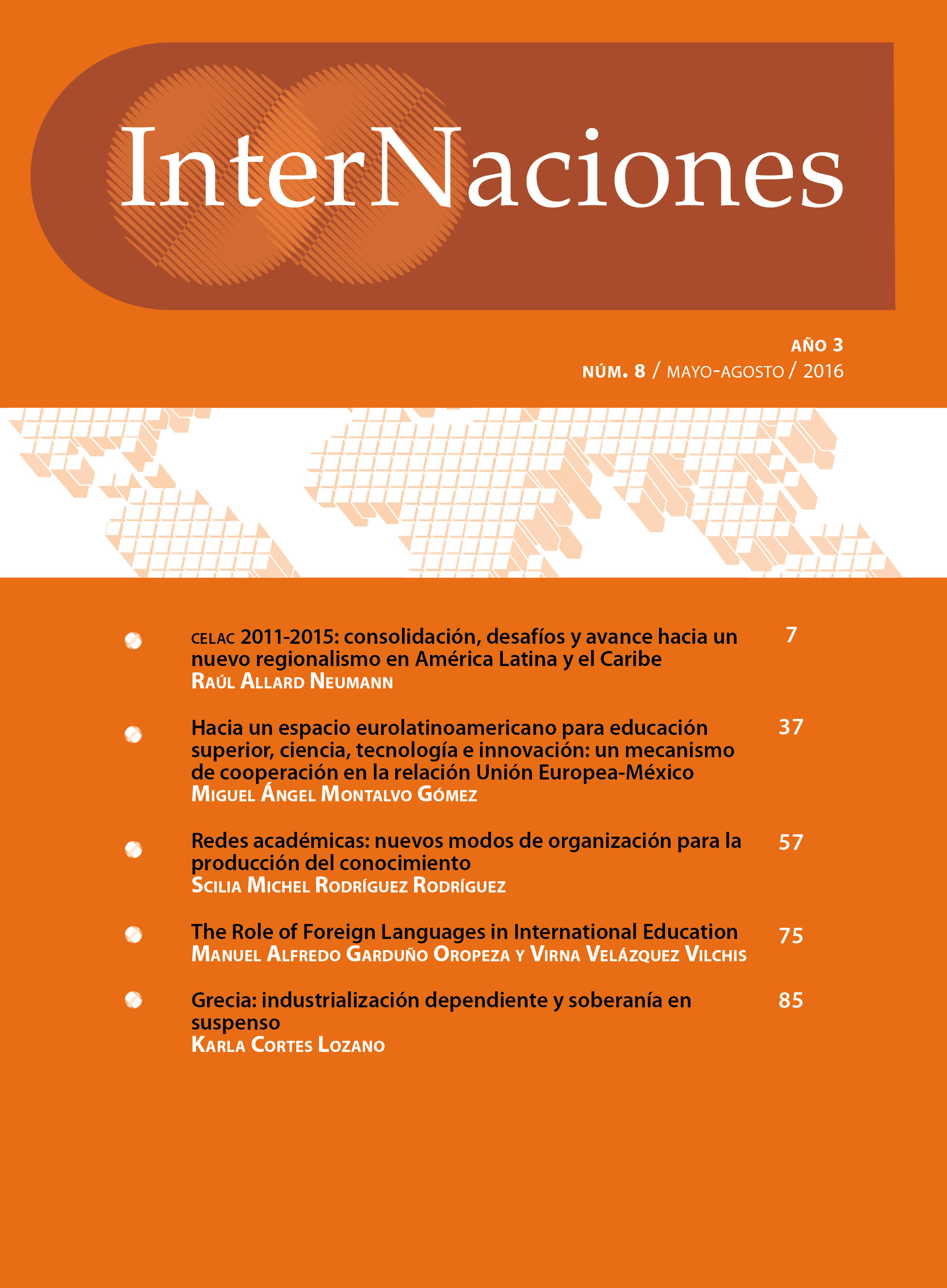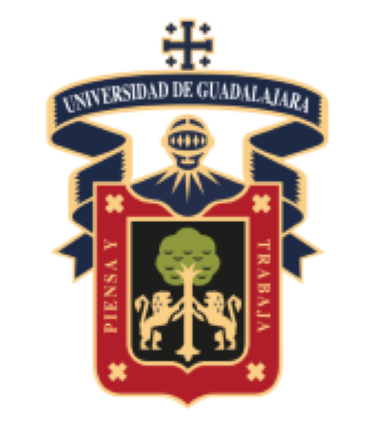The Role of Foreign Languages in International Education
DOI:
https://doi.org/10.32870/in.v3i8.6868Palabras clave:
accreditation, international education, internationalization, foreign language, joint researchResumen
It is a fact that universities around the globe devote a considerable part of their budget to guaranteeing the quality of their international strategy. Most higher education institutions have set up international offices with the aims of increasing the number of exchange students, faculty exchange programs, calls for joint international research projects, access to communities abroad by the use of Information Technology, or the links for academic cooperation and cultural understanding.However, in some institutions this is no easy task. Universities face financial problems – student and faculty exchange is expensive, getting visas and migration issues is a hassle, moreover most universities in the world offer programs only in their native tongue and, sometimes in a foreign language, mainly English.This paper lays out recommendations on how to match the international mission with a language development strategy, as well as a proposal of a paradigm shift from the “traditional” view to a “global view” on international education from a Linguistic perspective.Descargas
Descargas
Publicado
Cómo citar
Número
Sección
Licencia
CC BY-NC-SA 4.0 https://creativecommons.org/licenses/by-nc-sa/4.0/



























